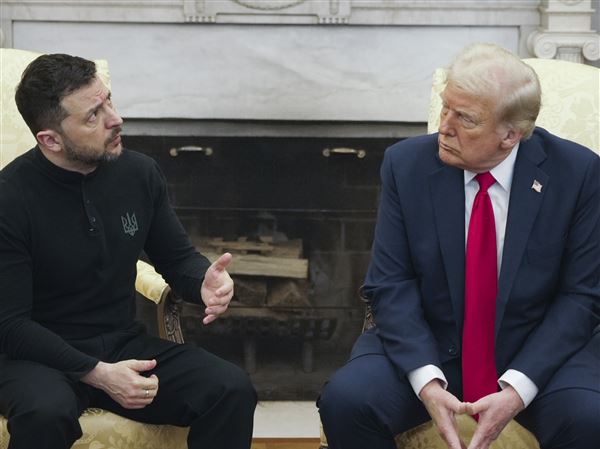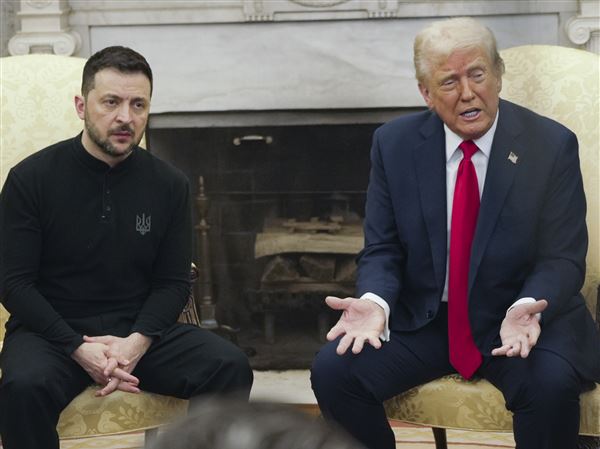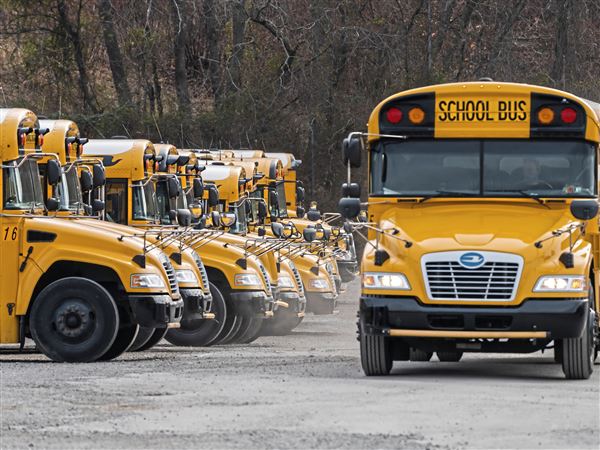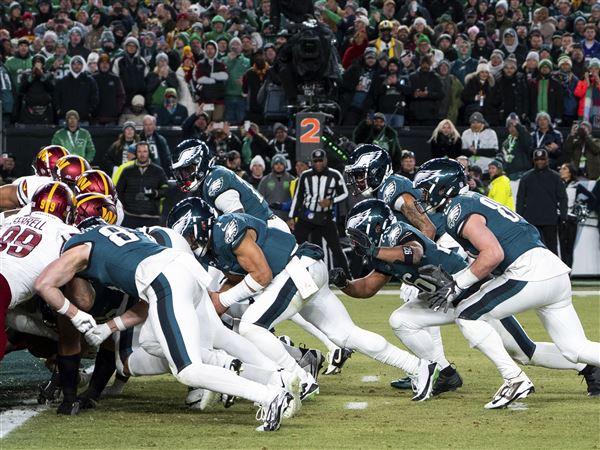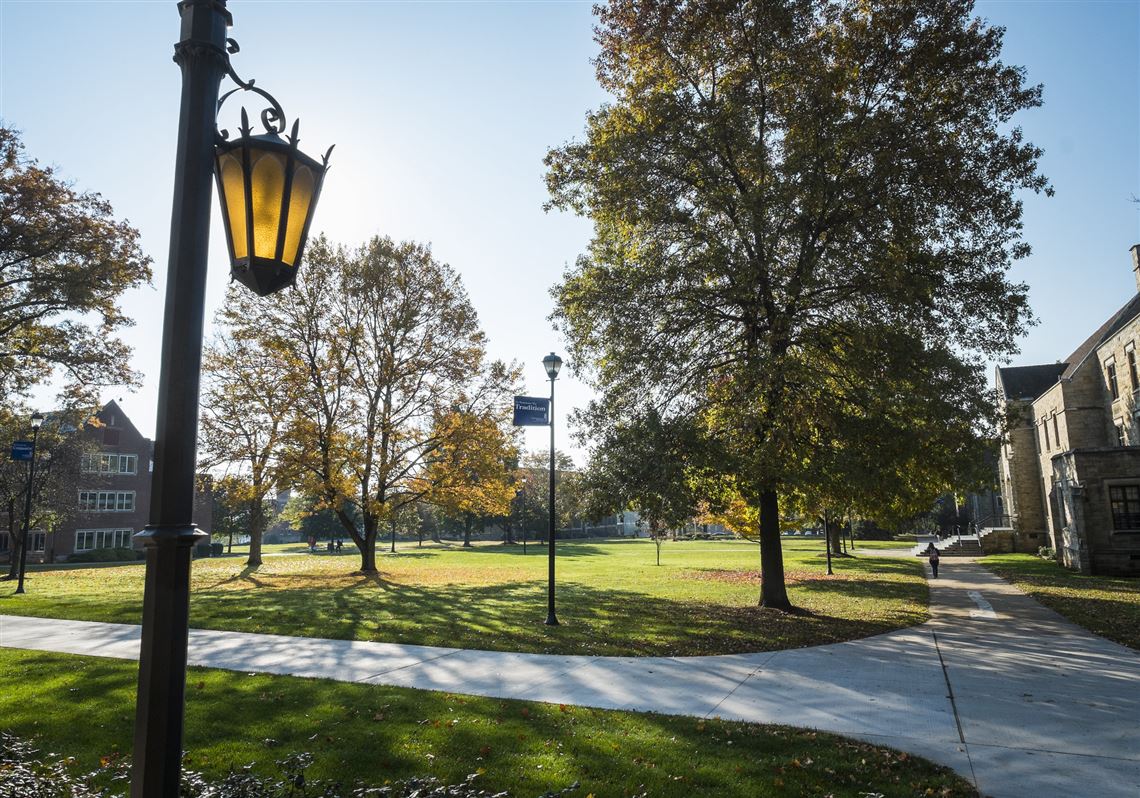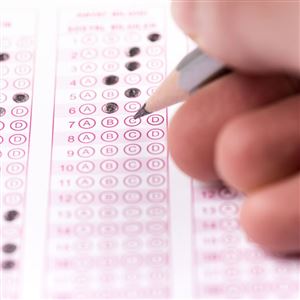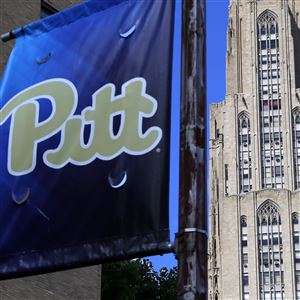Matthew Stinson knows well the art of the ask when it comes to raising money for campus brick and mortar, fledgling academic programs or new student scholarships.
But the note he recently penned on behalf of Westminster College and sent to some of its key donors spoke to unusual times.
"We recognize that the trajectory of the lives of many of our students could be dramatically altered," wrote Mr. Stinson, the school’s vice president for institutional advancement.
"Our specific concern is for students whose parent or parents have found themselves unemployed through no fault of their own," he said "Their focus will shift rapidly to simply providing the basic needs of survival."
Of all the times to announce a fundraising drive, a global pandemic seems a less than obvious choice. But colleges increasingly are worried about new financial hurdles that could drive students away, and they have turned to philanthropy, Westminster among them.
Officials on the campus of 1,150 students said they fear some of their students will need more financial help to return in the fall than school resources allow. So they went public late Monday with a special two-week effort through May 5, hoping to reach alumni and regular supporters, and even the general community.
The school in New Wilmington, Lawrence County, is working to raise $250,000, more than half of which came in recent days during the effort’s “quiet phase.” The tally is updated on a web page titled “Bring Back the Titans,” a reference to the school’s mascot.
Colleges already faced a tough recruiting season but suddenly have more to fear. In just weeks, an economy with near-record low unemployment has logged 22 million jobless claims, as the virus that has killed nearly 44,000 in the U.S. forced businesses to shutter.
At Westminster, first-generation college students comprise nearly a third of total enrollment, and almost four in ten have household incomes small enough to qualify for the federal need-based Pell Grant, according to campus data.
"When you have that many students on the margins," Mr. Stinson said, “it doesn't take much to throw them off path."
Even students from families whose finances had seemed secure now are more vulnerable, he said.
Various schools, large and small, have emergency student funds kept flush by donors, and one at Westminster helped with travel and other assistance to get students home as spring classes moved online and dorms quickly emptied. Now that those students are back with their families, the extent of the financial toll is clearer.
In this extraordinary time, schools across the nation are trying to be sensitive to various issues now facing their students, said Linda Durant, vice president for development with the Washington D.C.- based Council for Advancement and Support of Education.
“You may see others that are going to take the same kind of approach,” she said.
Most Westminster students live within two hours of campus, but some are from across the country, including COVID-19 hotspots like New York City. Some already lost summer jobs, Mr. Stinson said, or have families now with one or both parents out of work, suddenly in need of support.
"Imagine being an 18-to-20-year-old and needing to decide if you if you have to go to work at a Walmart or a grocery story or continue your studies," Mr. Stinson said.
Prior to the pandemic, Westminster had a $125 million endowment, larger than many its size, though its value as bobbed up and down as the pandemic roiled the Stock Market.
Founded in 1852, Westminster charges $36,806 in tuition a year, but discounts it on average 55 percent. With room, board and other mandatory charges, total cost is $47,909.
Officials said nearly 8 in 10 freshmen persist and three quarters of those who enroll graduate in six years, reflective of what Mr. Stinson said is a work ethic officials on campus hope will resonate with Western Pennsylvanians. Already, the campaign has a gift as large as $25,000, but has smaller amounts — $25 and $10, for instance — in greater numbers.
“I’m so grateful for the impact this will have on our students,” said Dr. Kathy Brittain Richardson, president of Westminster College.
Bill Schackner: bschackner@post-gazette.com, 412-263-1977 and on Twitter: @Bschackner
First Published: April 21, 2020, 6:28 p.m.
